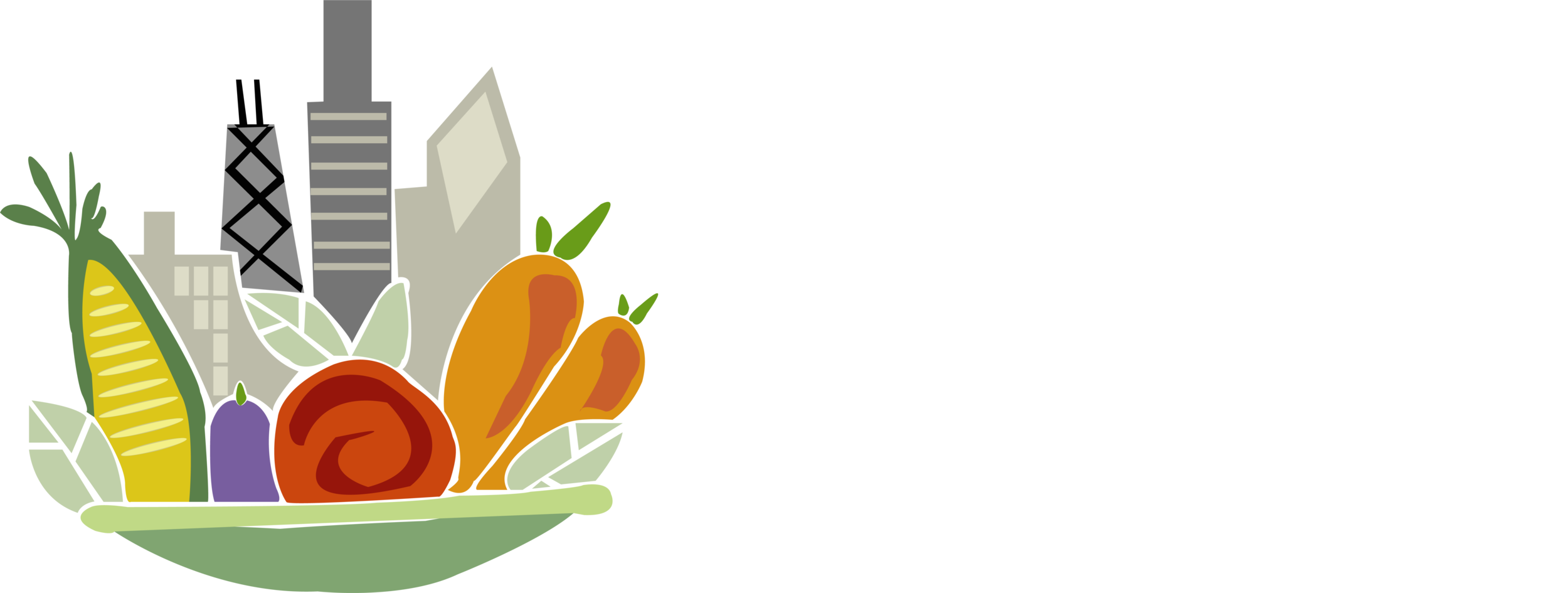Latest Updates
2024 Coalition Steering Council
The Metro Chicago Good Food Purchasing Initiative (GPFI) is looking to launch the inaugural GFPI Steering Council that will consist of seven coalition members (including two co-chairs) representing diverse sectors, lived experience, and perspectives. Steering Council members will serve two-year staggered terms and no more than two consecutive terms. At launch, we are seeking one co-chair and two other members to serve a one-year term.
CHICAGO’S GOOD FOOD PURCHASING INITIATIVE’S FOOD CHAIN WORKERS’ RIGHTS AND LIVELIHOOD MANUAL
The Food Worker Handbook was developed in part with the Food Chain Worker Rights & Livelihood Project, which is part of the Metro Chicago Good Food Purchasing Initiative (GFPI).
The Food Chain Workers’ Rights and Livelihood Project works to ensure that local food chain workers are informed about GFPI and included in creating GFPI goals and strategizing to leverage GFPI to support workplace organizing or support transitions to worker-owned models.
GFPI Community Fund—ENHANCING ACCESS TO GFPP-ALIGNED FOOD IN METRO CHICAGO
The objective of the Metro Chicago Good Food Purchasing Initiative (GFPI) Community Fund is to increase access to Good Food Purchasing Program (GFPP)-aligned produce and food products in the Metro Chicago region through financially supporting systematically marginalized, local farms and food businesses striving to meet GFPP standards (including local sourcing, sustainable practices, fair labor, animal welfare, and nutrition).
Intended Impact
Enhanced availability of local, sustainable, and nutritious food: Increasing the presence of GFPP-aligned produce and food products in public meal programs and community food access sites, thereby improving the quality and sustainability of the food served.
Strengthened local food economy: Supporting local farms and food businesses by creating new market opportunities, fostering economic growth, & encouraging sustainable practices.
Increased community engagement and awareness: Raising public awareness about the importance of supporting local farmers and food businesses while promoting the GFPP values and principles.
Accessible Adaptive Funding: This fund aims to increase opportunities for local farms and food businesses to participate in institutional procurement by strategically adapting our financing vehicles and requirements to alleviate common constraints experienced by systematically marginalized farmers and food entrepreneurs.
Supported by the Rockefeller Foundation, the American Rescue Plan Act (ARPA), and the Builder’s Initiative, our inaugural grant round will award 5-10 applicants with unrestricted grants ranging from $40,000 to $80,000. Grant recipients will also receive tailored, technical assistance during the grant period duration.
Metro Chicago’s
Good Food Purchasing Initiative (GFPI)
The Good Food Purchasing Initiative of Metro Chicago (GFPI) works to ensure that the places that feed our communities purchase & SErve food that advances a good food system for all. A good food system provides healthy, fair, local, humane, and sustainable food through racially equitable, transparent, and accountable supply chains. GFPI partners are working to:
Assist Good Food Purchasing Policy (GFPP) Implementation
Ensure the City of Chicago, its Sister Agencies, and Cook County Government are working toward their Good Food Purchasing Policy (GFPP) goals
Provide technical assistance and coordination support to public meal programs in collaboration with the Chicago Department of Public Health (CDPH), Chicago Food Equity Council’s Procurement Working Group, and Cook County Department of Public Health (CCDPH)
Support other local institutions (hospitals, food pantries, colleges, etc.) who are pursuing GFPP implementation and provide platforms for them to collaborate with their peer institutions
Develop Equitable Supply Chains
Develop a racially & socially equitable regional food supply chain that can meet increasing institutional demand for good food;
Support pathways, relationship-building, research, and resource access for BIPOC food producers and food businesses to scale operations for sales to public and community-based meal programs, cafeterias, and concessions.
Leverage GFPP to support food chain workers organizing for safer working conditions, living wages, and the right to organize.
Build a Good Food Culture Across Institutions
Normalize values-based procurement and meal program transformation across all community-based “anchor” institutions in the Chicago region, including hospitals, higher ed institutions, cultural institutions, senior living facilities, and others.
Engage food suppliers, food service staff, and eaters in the visioning process for good food purchasing and meal program transformation.
Foster a CONNECTIVE GFPI Ecosystem:
Build a clear leadership structure for GFPI that centers decision-making by those structurally excluded from the food system
Featured Resources
Selling to Your Community Institutions: Guide for Growers and Food Businesses
The Chicago Food Policy Action Council is proud to present The Good Food Purchasing Initiative's Guide for Growers and Food Businesses! Members of the Good Food Purchasing Initiative developed this resource for people growing food or running food businesses to learn about new emerging market opportunities being created by the Metro Chicago Good Food Purchasing Initiative and the Good Food Purchasing Policy resolutions adopted by the City of Chicago and Cook County. We hope readers find helpful information as you consider selling food to community nutrition programs that serve students, seniors, hospital patients, and other residents.
The Good Food Purchasing Program
GFPP
In partnership with the Center for Good Food Purchasing, the City of Chicago and Cook County’s departments & agencies are implementing the Good Food Purchasing Program (GFPP). With a focus on equity and transparency, GFPP shifts institutions’ food purchasing dollars toward five core values:
Local Economies: Strengthen regional food economies to create thriving good food businesses and living wage jobs
Environmental Sustainability: Reduce the environmental impacts of food production
Valued Workforce: Promote fair treatment for food system workers
Animal Welfare: Ensure the humane treatment of animals (and reduce overall meat consumption)
Nutrition: Encourage healthy food procurement and preparation and a healthy food service environment













